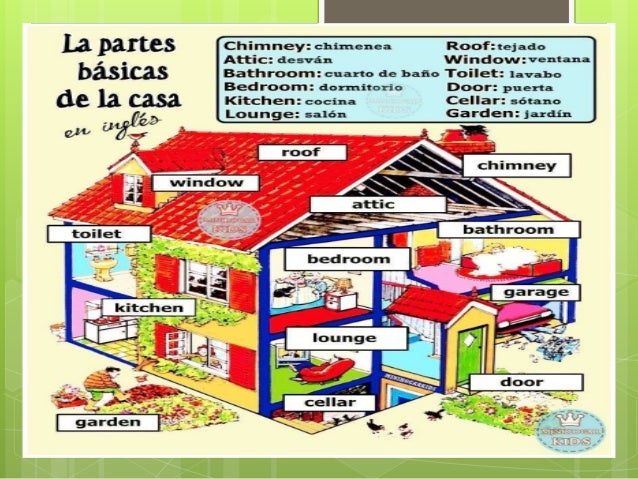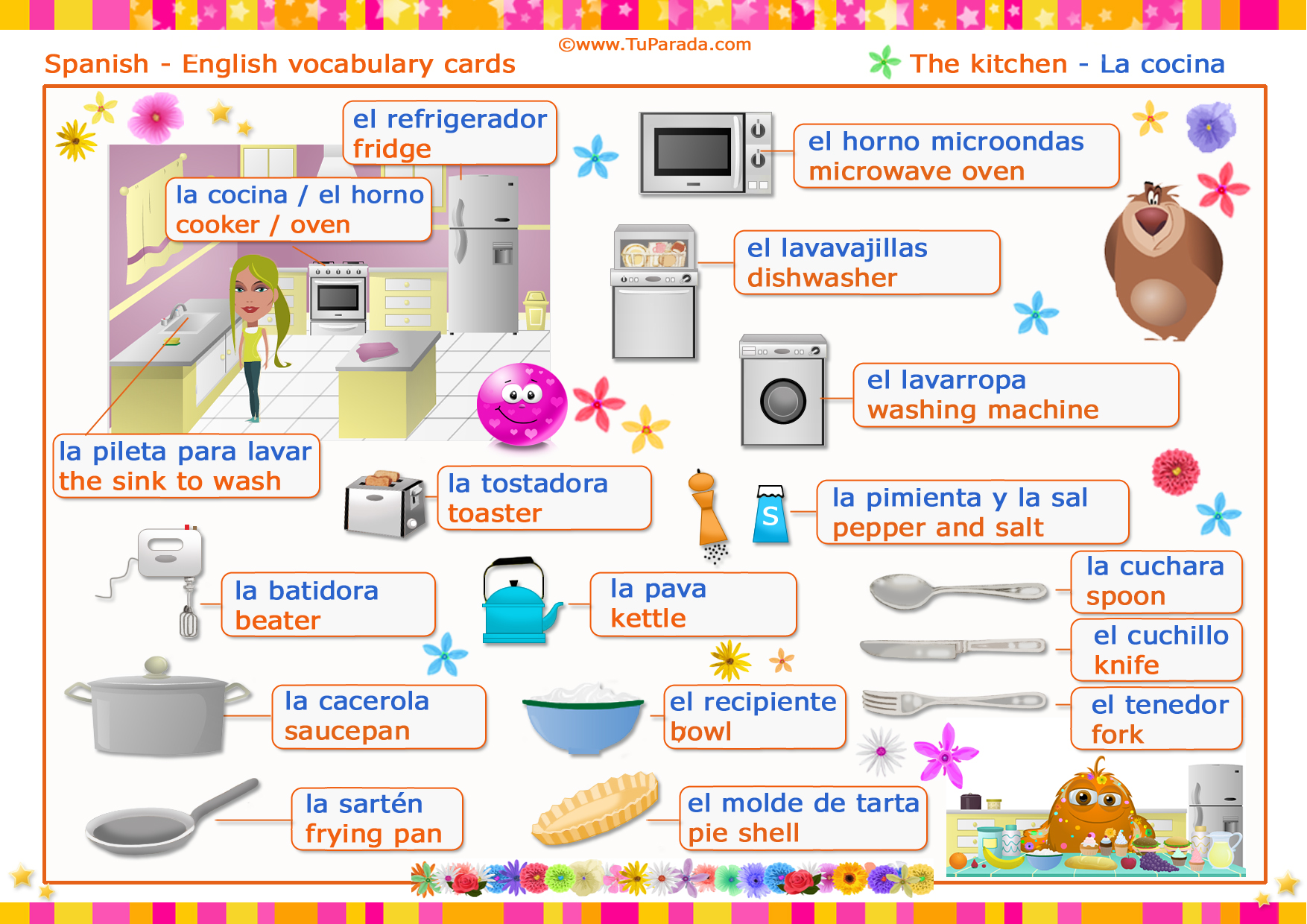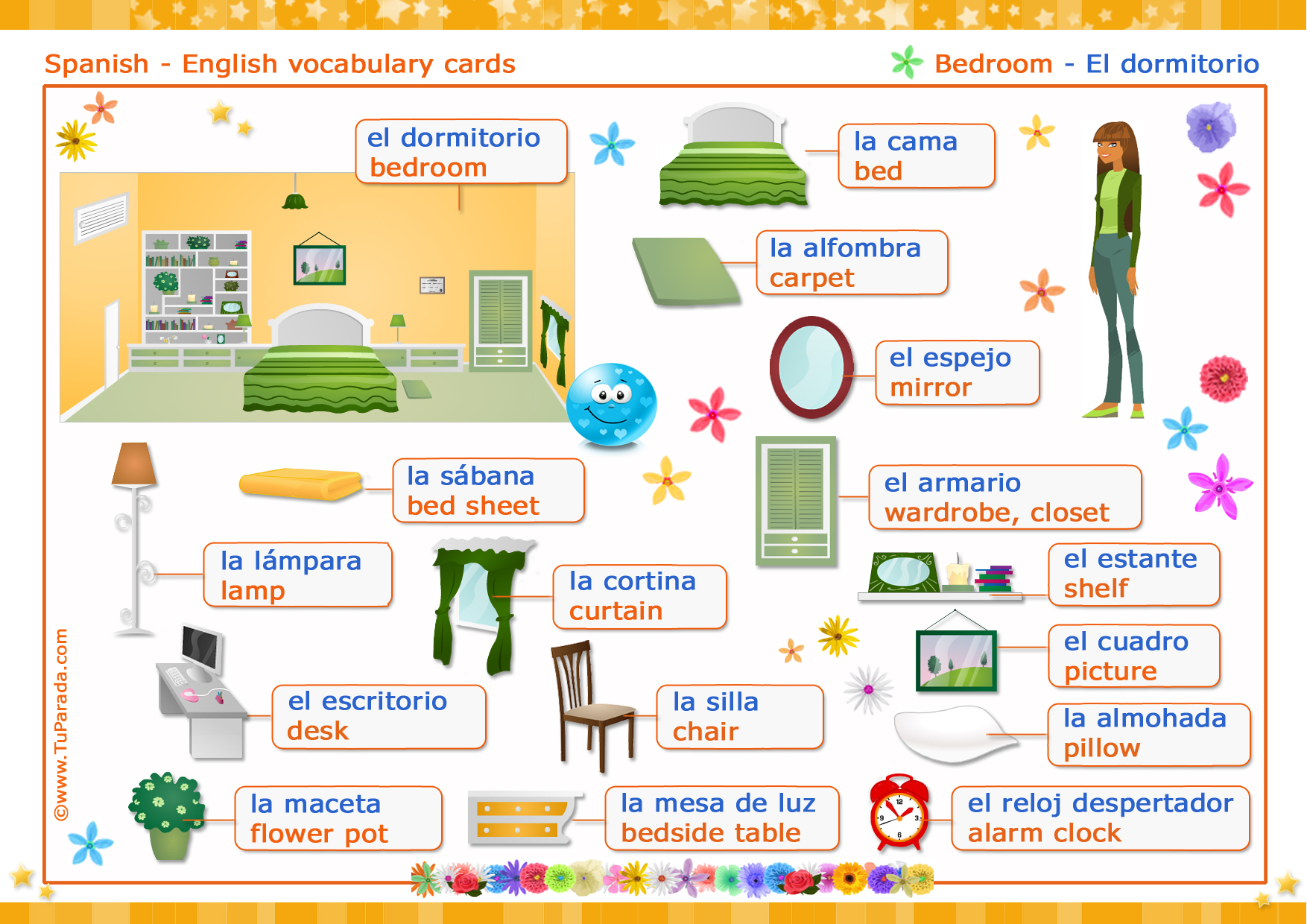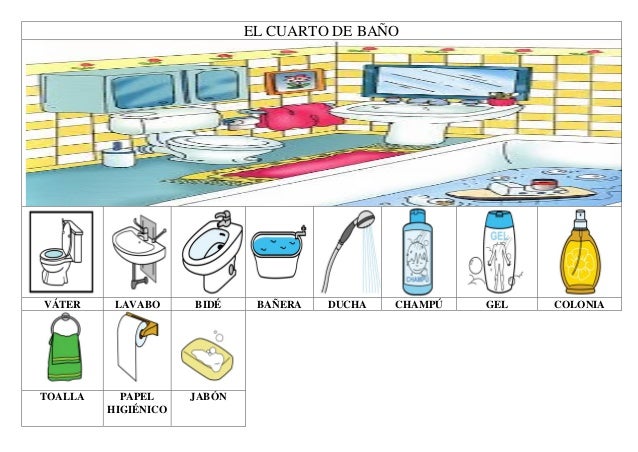검색결과 리스트
Español에 해당되는 글 18건
- 2015.07.26 Ropa
- 2015.07.19 ENRROLLADO DE POLLO
- 2015.07.19 Flaca - Andrés Calamaro
- 2015.07.17 QUIZAS, QUIZAS, QUIZAS 4
- 2015.07.16 un letter
- 2015.07.14 ocupación
- 2015.07.13 'Haber' vs. 'Estar'
- 2015.07.13 en casa
- 2015.07.10 Comida en español
- 2015.07.10 Colores, Colores
글




'Vocablo' 카테고리의 다른 글
| ocupación (0) | 2015.07.14 |
|---|---|
| en casa (0) | 2015.07.13 |
| Comida en español (0) | 2015.07.10 |
| fútbol (0) | 2015.06.30 |
| forma geométrica (0) | 2015.06.30 |
설정
트랙백
댓글
글
INGREDIENTES 재료
800 g de pechuga de pollo, sin hueso y molida
뼈가 없고, 갈지 않은 닭가슴살
pechuga 1. 가슴 2. 가슴의 한쪽 3. 가슴살
hueso 1. 뼈 2. 씨
molido 1. 맷돌에 간 2. 가루로 만든
1 taza de nuez, picada
갈아낸 호두 1 찻잔
nuez 1. 호두 2. 견과의 열매
picado, -a 구멍난, 저민, 간
1 cubo de Caldo de Pollo MAGGI® Reducido en Grasa** (11 g)
치킨스톡 1 큐브
caldo 1. 수프, 육즙 2. 과즙 3. 와인, 포도주
1 pizca de nuez moscada
육두구 열매 소량
pizca 소량, 미량, 아주 적은 양
1 paquete de queso crema, cortado en rebanadas (190 g)
조각으로 잘려진 크림 치즈 1 꾸러미
crema 1. 우유가 들어 있는 기름기 있는 물질 2. 크림, 유지
paquete 1. 소포, 수화물 2. 포장, 짐꾸리기 3. 꾸러미, 다발
cortado 1. 잘려진, 절단된 2. 당혹한 사람 3. 도약, 뛰기
rebanada (빵의) 길쭉한 조각
PREPARACIÓN
preparación 1. 준비, 준비하기 2. 예습 3. 학식, 지식
Mezcla hasta incorporar el pollo, las nueces, el Caldo de Pollo MAGGI® Reducido en Grasa** y la nuez moscada. Extiende esta mezcla sobre una película plástica. Encima acomoda las rebanadas de jamón y de queso crema.
Enrolla suavemente la masa sin la película plástica. Lleva al horno de microondas por 5 minutos a la máxima potencia o hasta que el pollo esté cocido.
Ofrece caliente.
TABLA NUTRIMENTAL
TIPS
Acompaña con ensalada verde.
설정
트랙백
댓글
글
|
Flaca 아가씨 no me claves tus puñales por la espalda tan profundo 그렇게 깊게 내 등을 칼로 찌르지 말아요. No me duelen 나를 상처주지 말아요. No me hacen mal 나를 해치지 말아요. Lejos en el centro de la tierra 지구 중심에서 멀리 떨어진 Las raíces del amor 사랑의 뿌리들 Donde estaban 그것들이 있는 곳에, Quedarán 머물어 있을거에요.
Entre el no me olvides Me dejes nuestros abriles olvidados En el fondo del placard Del cuarto de invitados Eran tiempos dorados De un pasado mejor
Aunque casi me equivoco Y te digo poco a poco No me mientas No me digas la verdad No te quedes callada No levantes la voz No me pidas perdón
Aunque casi te confieso Que también he sido un perro compañero Un perro ideal que aprendió a nadar Y a volver al hogar Para poder comer
Flaca no me claves Tus puñales Por la espalda Tan profundo No me duelen No me hacen mal
Lejos En el centro De la tierra Las raíces Del amor Donde estaban Quedarán |
flaco 1. 여윈, 살이 빠진 2. 약한, 힘이 없는 3. 결점 clavar 1. 못을 박다, 못으로 고정시키다 3. 찌르다 clavarse 찔리다. 속다. puñal 단도 espalda 1. 등, 어깨의 등 쪽 2. 몸통의 뒷부분, 뒤쪽 tan 1. 그렇게, 이렇게 2. 그렇게 … 3. 너무 …해서 …하다 profundo 1. 깊은 2. 마음에서 우러나는, 충심의; 의미 심장한 dólar 1. 대충 깎다 2. 목재나 돌을 다듬다 hacer mal 1. 귀찮게 하다, 박해하다 2. 해치다 3. 해롭다 lejos 1. 멀리, 멀리에 2. 멀리 봄 3. 멀리서 보이는 모습 raíz 1. 뿌리 2. 부동산 3. 물건이 붙어 있는 부분 estaban 은 estar의 불완료과거형 quedar 1. 있다, 남다 2. 남기다, 남겨 두다 3. 머물다, 남다 Quedarán 은 미래형
|
Taken from http://lyricstranslate.com/en/flaca-girl.html#ixzz3gGS6QTfV
'Interpretación' 카테고리의 다른 글
| QUIZAS, QUIZAS, QUIZAS (4) | 2015.07.17 |
|---|---|
| un letter (0) | 2015.07.16 |
| Colores, Colores (0) | 2015.07.10 |
| Sistemas Educativos (0) | 2015.07.09 |
| Para pensar y reflexionar (0) | 2015.07.05 |
설정
트랙백
댓글
글
QUIZAS, QUIZAS, QUIZAS
Canta: Bobby Capó (De Puerto Rico)
Ritmo: Bolero
Letra y Música: Osvaldo Farrés (De Cuba)
Letra en Inglés: Joe Davis
Escrita: 1947
quizá 1. 아마 2. 혹시, 어쩌면
Quizá hará mal [buen] tiempo mañana 아마 내일 날씨가 궂을[좋을] 것이다
¿Vendrá Juan? -Quizá 후안이 올까? -아마 (올 거야)
letra 1. 글자, 문자 2. 자체, 글자의 체 3. 필적 4. 가사
escrito 1. 써진, 쓰인 2. 편지 3. 가오리의 일종
ritmo 1. 율동, 리듬 2. 리듬 3. 속도, 템포
Siempre que te pregunto
항상 너에게 물어보는 것
¿Qué? ¿Cuándo? ¿Cómo? y ¿Dónde?,
무엇을?, 언제?, 어떻게?, 그리고 어디에서?
tú siempre me respondes:
너는 항상 내게 답하지
Quizás, quizás, quizás.
아마, 아마, 아마
responder 1. 답하다, 대답하다 2. 답하다 3. 답하다, 응하다
Así pasan los días
그렇게 시간이 흐르고
y yo desesperando
그리고 나는 초초해하고
y tú, tú contestando:
그리고 너, 너는 답하지
Quizás, quizás, quizás.
아마, 아마, 아마
así 1. 그렇게, 이렇게 2. 그래서, 그 결과 3. 그런, 그러한
desesperar 1. 절망하다 2. 체념하다 3. 조바심이 나다, 초조해하다
contestar 1. 답하다, 대답하다 2. 나오다, 받다 3. 반론하다, 항변하다
Estás perdiendo el tiempo
너는 시간을 낭비하고
pensando, pensando,
생각하고 생각하고
por lo que más tú quieras
너가 원하는 것에 대해
¿Hasta cuándo? ¿Hasta cuando?
언제까지?, 언제까지?
perder 1. 잃다, 분실하다 2. 놓치다, 잃다 3. 잃어버리다
pensar 1. 생각하다 2. 숙고하다 3. 생각되다
hasta 1. …까지 2. …하면서 3. … 이후
Así pasan los días
그렇게 시간이 흐르고
y yo desesperando
그리고 나는 초초해하고
y tú, tú contestando:
그리고 너, 너는 답하지
Quizás, quizás, quizás.
아마, 아마, 아마
'Interpretación' 카테고리의 다른 글
| Flaca - Andrés Calamaro (0) | 2015.07.19 |
|---|---|
| un letter (0) | 2015.07.16 |
| Colores, Colores (0) | 2015.07.10 |
| Sistemas Educativos (0) | 2015.07.09 |
| Para pensar y reflexionar (0) | 2015.07.05 |
설정
트랙백
댓글
글
Hola mis queridos alumnos,
Hello, my dear students
abrazo 1. 팔로 꼭 조임 2. 껴안음, 포옹 3. 편지를 끝맺는 말
'Interpretación' 카테고리의 다른 글
| Flaca - Andrés Calamaro (0) | 2015.07.19 |
|---|---|
| QUIZAS, QUIZAS, QUIZAS (4) | 2015.07.17 |
| Colores, Colores (0) | 2015.07.10 |
| Sistemas Educativos (0) | 2015.07.09 |
| Para pensar y reflexionar (0) | 2015.07.05 |
설정
트랙백
댓글
글




el/la jefe = boss
la reina = queen
el rey = king
el autor = author
el solado = soldier
el empresario = entrepreneur
El/la poeta = poet
el juez = judge
el/la guardia = guard
el capitán = captain
el abogado = lawyer
el coronel = colonel 대령
el/la periodista = journalist
el/la artista = artist
el empreado = employee, office worker
el príncipe = prince
el pintor = painter
el dueño = landlord 임자 소유주
el/la especialista = specialist
la especialidad = specialty 특기
el/la agente = agent 대리인
El comandante = commander 소령
la profesión = profession 직업
la granjera = farmer 농부
el sacerdote = priest 성직자
el panadero = baker
el ingeniero = engineer
el trabajo = job
el carpintero = carpenter 목수
el conductor = driver
el cajero = cashier
el/la atleta = athlete
la mesera = waitress
'Vocablo' 카테고리의 다른 글
| Ropa (0) | 2015.07.26 |
|---|---|
| en casa (0) | 2015.07.13 |
| Comida en español (0) | 2015.07.10 |
| fútbol (0) | 2015.06.30 |
| forma geométrica (0) | 2015.06.30 |
설정
트랙백
댓글
글
Both the verbs estar and haber can be used to indicate the presence of a person or thing. However, they are seldom interchangeable.
The difference is that haber, typically in the form of hay in the present tense or había for the past, is used to indicate the mere existence of the person or thing. Estar, on the other hand, is used to indicate the location of the person or thing.
Note, for example, the difference between these two simple sentences:
- No hay presidente. This sentence indicates that the president doesn't exist, perhaps because the office is vacant.
- El presidente no está. This sentence might be used, for example, to indicate that the president isn't present, although he or she exists somewhere.
Sometimes, the difference in meaning between estar and haber can be subtle. Note the difference between these two sentences:
- El juguete está en la silla. (The toy is on the chair.)
- Hay un juguete en la silla. (There is a toy on the chair.)
As a practical matter, there's not a lot of difference in meaning. But grammatically, the verb (está) in the first sentence is used to indicate location, while the verb (hay) in the second sentence indicates mere existence.
As a general rule, estar is used when a specific person or thing is referred to, but a third-person form of haber can be used when the word is used more generically. As a result, a noun preceded by a definite article (the word el, la, los or las, meaning "the"), a demonstrative adjective (a word such as ese oresta, meaning "that" or "this," respectively) or a possessive adjective (such as mi or tu, meaning "my" or "your," respectively) normally would be used with estar.
Here are some more examples:
- No hay ordenador. (There isn't any computer.) El ordenador no está. (The computer isn't here.)
- ¿Había fuegos artificiales? (Were there fireworks?) Esos fuegos artificiales están allí.(Those fireworks are there.)
- ¿Hay tacos de res? (Are there beef tacos available?) Mis tacos no están. (My tacos aren't here.)
With nouns that can't have a location, haber must be used: No había problema. (There was no problem.) Hay riesgo inmediato. (There's an immediate risk.)
설정
트랙백
댓글
글













'Vocablo' 카테고리의 다른 글
| Ropa (0) | 2015.07.26 |
|---|---|
| ocupación (0) | 2015.07.14 |
| Comida en español (0) | 2015.07.10 |
| fútbol (0) | 2015.06.30 |
| forma geométrica (0) | 2015.06.30 |
설정
트랙백
댓글
글


un bistec 비프 스테이크, bistec poco [medio, bien] hecho 약간[반, 잘] 익힌 비프스테이크
el jamón 1. 햄 2. 돼지 뒷다리 고기
una chuleta (소, 양 혹은 돼지 등의) 살이 붙은 갈비
una salchicha (돼지고기) 소시지, 순대 (가는 창자에 소금, 고추 및 다른 양념으로 양념한 잘 다진 돼지고기를 넣은 것)
fresco (간하지 않은) 신선한 생선
un ahumado 훈제생선
zumo 쥬스 (페루에서는 jugo)

cereza 버찌
frambuesa 산딸기
una ciruela 자두
un albaricoque 살구
un melocotón 복숭아
una pera 배, 서양배
un plátano 바나나

una coliflor 꽃양배추
una lechuga 상추
una berenjena 가지
un calabacín 작은호박(둥근)
un pimiento 피망
una espinaca 시금치
una zanahoria 당근
una judía 강낭콩
una endibia 꽃상추
una patata 감자 (중남미는 papa)
un cereal 씨리얼
una mantequilla 버터
pan con mantequilla 버터 바른 빵
una sardina 정어리
sardina en conserva 정어리 통조림
una merluza 메를루싸 (대구의 일종)
aceite de oliva 올리브유
una ternera 암송아지 고기
un cerdo 돼지고기
una pechuga 가슴살
un muslo 허벅다리
una trucha 송어
un atún 참치, 다랑어
un pulpo 낙지, 문어
un langostino 가재, 왕새우
una gamba 왕새우
una langosta 메뚜기, 가재
un bogavante 가재
un centollo 털게
un cangrejo 바닷게
un percebe 삿갓조개
un calamar 오징어
un mejillón 홍합
una almeja 바지락






설정
트랙백
댓글
글
Colores, Colores 색깔, 색깔 Verde, verde, me gusta el verde 푸른, 푸른, 나는 푸른색을 좋아한다. Verde, verde es el mejor color 푸른, 푸른색은 더 좋은 색이지. Me gusta el verde, ¿sabes por qué? 나는 푸른색을 좋아해. 왜인지 아니? Es por qué mi papá trabaja en el bosque 우리 아빠가 숲에서 일하기 때문이야. Me gusta el verde, ¿sabes por qué? 나는 푸른색을 좋아해. 왜인지 아니? Es por qué mi papá trabaja en el bosque 우리 아빠가 숲에서 일하기 때문이야. Rojo, rojo, me gusta el rojo. 빨강, 빨강, 나는 빨강색을 좋아해 빨강, 빨강은 더 좋은 색이지 나는 빨강색을 좋아해. 왜인지 아니? 우리 아빠가 소방사이기 때문이지 Me gusta el rojo, ¿sabes por qué? 나는 빨강색을 좋아해. 왜인지 아니? 우리 아빠가 소방사이기 때문이지 Blanco, blanco, me gusta el blanco. 하양, 하양, 나는 하양색을 좋아해 하양, 하양은 더 좋은 색이지 나는 하양색을 좋아해. 왜인지 아니? 우리 아빠가 빵굽는 사람이기 때문이지. Me gusta el blanco, ¿sabes por qué? 나는 하양색을 좋아해. 왜인지 아니? 우리 아빠가 빵굽는 사람이기 때문이지. Azul, azul, me gusta el azul. 파랑, 파랑, 나는 파랑색을 좋아해. 파랑, 파랑은 더 좋은 색이지. 나는 파랑을 좋아해. 왜인지 아니? 우리 아빠가 선원이기 때문이지 Me gusta el azul, ¿sabes por qué? 나는 파랑을 좋아해. 왜인지 아니? 우리 아빠가 선원이기 때문이지 Negro, negro, me gusta el negro. 까망, 까망, 나는 까망색을 좋아해. 까망, 까망은 더 좋은 색이지. 나는 까망을 좋아해. 왜인지 아니? 우리 아빠가 광부이기 때문이지. Me gusta el negro, ¿sabes por qué? 나는 까망을 좋아해. 왜인지 아니? 우리 아빠가 광부이기 때문이지. Amarillo, me gusta el amarillo. 노랑, 나는 노랑색을 좋아해 노랑은 더 좋은 색이지. 나는 노랑색을 좋아해. 왜인지 아니? 우리 아빠가 택시 운전사이기 때문이지. 주황, 나는 주황색을 좋아해. 주황은 더 좋은 색이지. 나는 주황색을 좋아해. 왜인지 아니? 우리 아빠가 오렌지 씨앗을 뿌리기 때문이지. 색깔, 색깔, 나는 색깔을 좋아해. 색깔, 색깔은 모두 예쁘지. 나는 색깔을 좋아해. 왜인지 아니? 우리 아빠가 화가이기 때문이야. Me gustan los colores, ¿sabes por qué? 나는 색깔을 좋아해. 왜인지 아니? 우리 아빠가 화가이기 때문이야. |
color /m/ 1. 색, 빛깔 2. 색채, 색조 3. 채색, 특색 verde 1. 녹색의, 초록빛의 2. 푸른 3. 아직 수액이 있는 Me gusta [gustanㆍgustaría]… 나는 …하고 싶다./~을 좋아한다. gustar 1. 맛보다 2. 경험하다, 체험하다 3. 마음에 들다, 좋아하다 (사물이 주어로, 주어는 주로 동사 뒤에 놓임; 동사는 3인칭 단수와 복수로 활용; 늘 간접 목적 대명사 me, te, le, nos, os. les를 동반함) el 형용사, 부사, 동사, 접속사, 절 등이 정관사와 함께 쓰여 명사화됨 el bueno 착한 사람, 선인 mejor 1. 더 좋은 2. 제일 좋은 3. 더 잘, 더 좋게 saber 1. 알다, 알고 있다 2. 할 수 있다 3. 알려지다 bosque 1. 수풀, 숲; 삼림 2. 무질서, 혼란 3. 얽히고설킨 문제 bombero 1. 소방사 2. 소방대 3. 가솔린 펌프 직원 panadero 1. 빵 굽는 사람, 빵을 만들어 파는 사람 c.f. panadería 빵집, 제빵업 marinero 1. 선박의, 해운의 2. 선원, 뱃사람 3. 홍어 minero 1. 광산의 2. 광부, 갱부 3. 광맥 Anaranjado 1. 오렌지색 비슷한 색의, 오렌지색의 2. 오렌지색 비슷한 색, 오렌지색 siembra 1. 파종, 씨 뿌리기 2. 파종 시기, 파종기 3. 파종된 땅, 밭 sembrar 1. 씨앗을 뿌리다, 파종하다 2. 탕진하다, 뿌리다 3. 파종되다 lindo 1. 예쁜, 고운 2. 귀여운, 사랑스러운 3. 여자 같은 남자 |
'Interpretación' 카테고리의 다른 글
| QUIZAS, QUIZAS, QUIZAS (4) | 2015.07.17 |
|---|---|
| un letter (0) | 2015.07.16 |
| Sistemas Educativos (0) | 2015.07.09 |
| Para pensar y reflexionar (0) | 2015.07.05 |
| Himno de las americas (0) | 2015.07.03 |



RECENT COMMENT